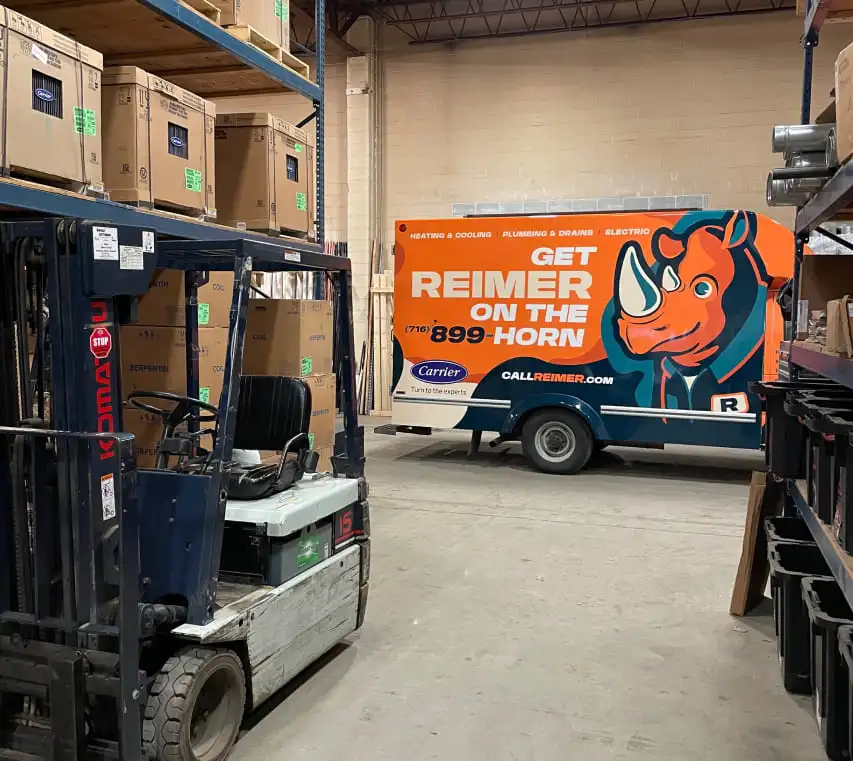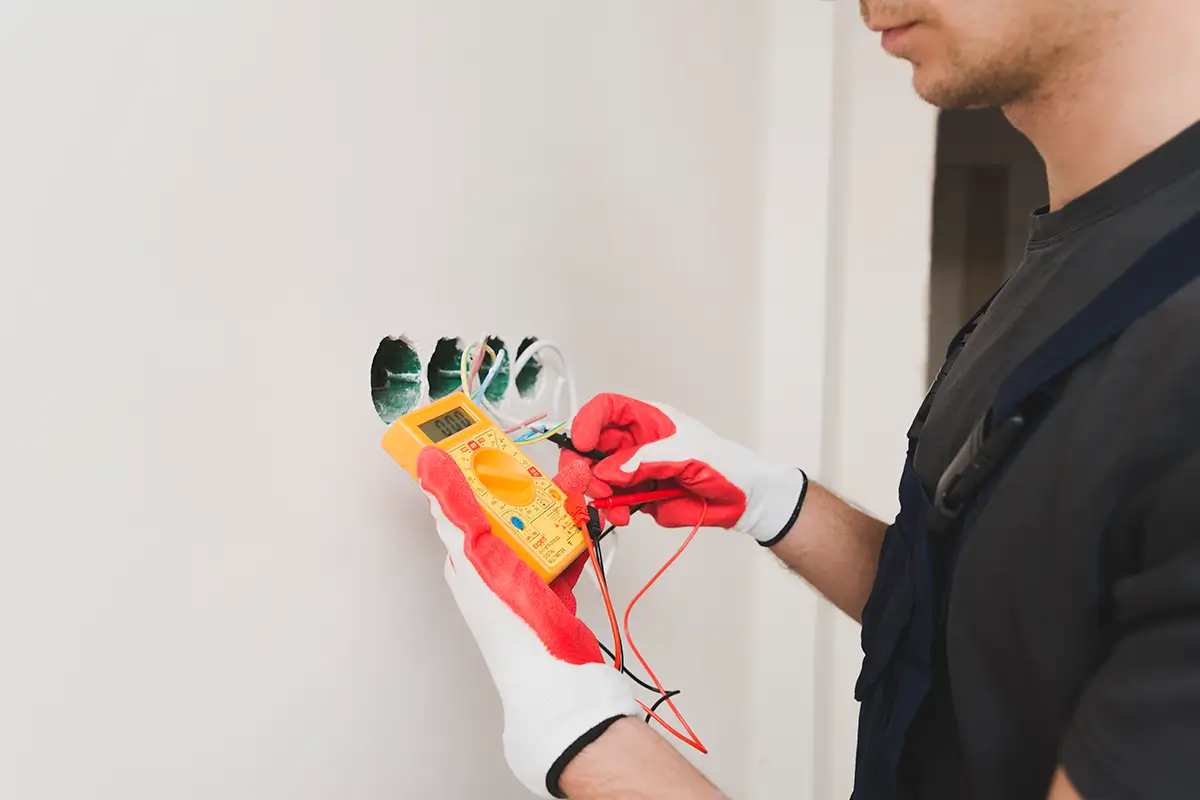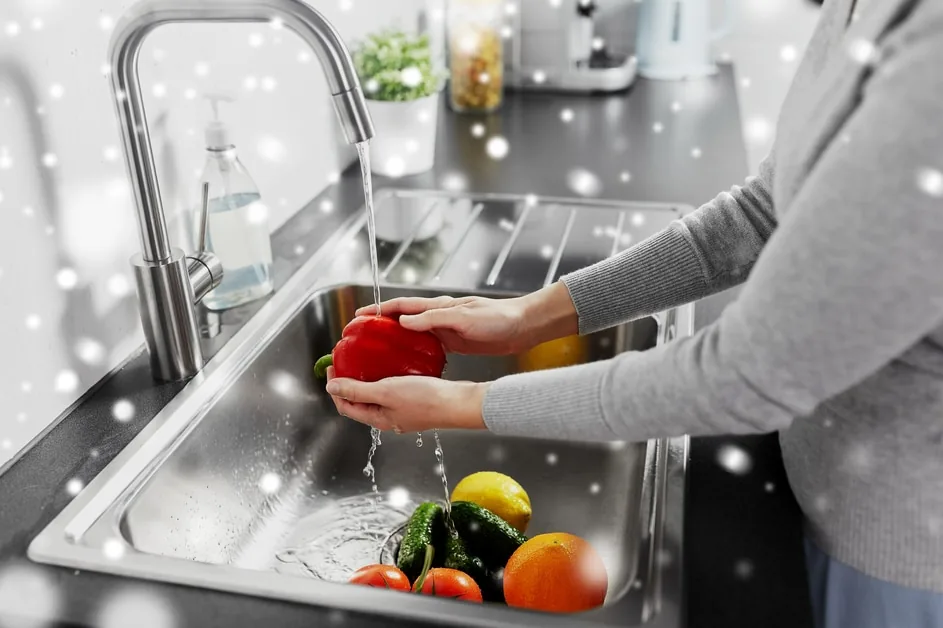Maintaining plumbing and pipes in older homes here in Buffalo and Western New York can be a challenge. As the age, pipes are more likely to leak, rust, and develop other problems. Fortunately, with a little know-how and work, you can keep your home’s plumbing in good working order. In this new article from the team here at Reimer Home Services, we’ll discuss a few things you need to know about old pipes.
If you need an expert opinion on the state of your plumbing here in Buffalo and Western New York, you’ll want to call our team. Reimer’s plumbers are true experts who have experience working with pipes and plumbing in all types of homes—including older homes.
Pipes can buckle over time
It may seem obvious when thinking about plumbing, but some homeowners fail to realize that pipes don’t last forever. Whether you’ve lived in an old home for a while or recently purchased one, it’s wise to have the plumbing system checked by experts regularly.
As a house settles over the course of the decades, the plumbing system inside can become buckled or bowed. This can in turn lead to frequent clogging and consistently slow drainage. If your sinks, bathtubs, and/or toilets stay persistently clogged even after servicing, your pipes may be bowed and need replacing.
Old faucets and fixtures are more than an eyesore
Old, rusted faucets and fixtures can not only make your home look outdated, but can affect the efficiency of your plumbing systems. Old faucets are more likely to leak and should be replaced if they show any signs of damage.
Common signs of damaged faucets include:
- Mineral and rust deposits
- “Spitting” water
- Handles that squeak when you move them
- Unusual sounds coming from your faucet
If you see any of these telltale signs, it’s time to update your fixtures with newer models that actually function. You may be surprised to discover that plumbing in older homes performs much better once new fixtures are installed.
Old pipes are more susceptible to corrosion
Over time, the pipes in old homes tend to corrode (even if they’re made from galvanized steel). It’s usually pretty easy to spot corroded pipes because they can cause the tap water to become orange due to rust. If this happens, the water is unsafe to drink and the pipes should be replaced.
In some cases, you can prevent galvanic corrosion in your plumbing by using dielectric couples to connect pipes made from dissimilar metals, replacing old (water line-connected) grounding wires with grounding rods, and wrapping your water lines in plastic.
Protect your best investment: your home
Your plumbing system is an investment that should be properly maintained for best results. Contact us to schedule your service. We’ll be happy to inspect your pipes and plumbing and give you a report on how things are looking.





